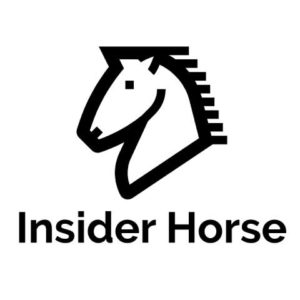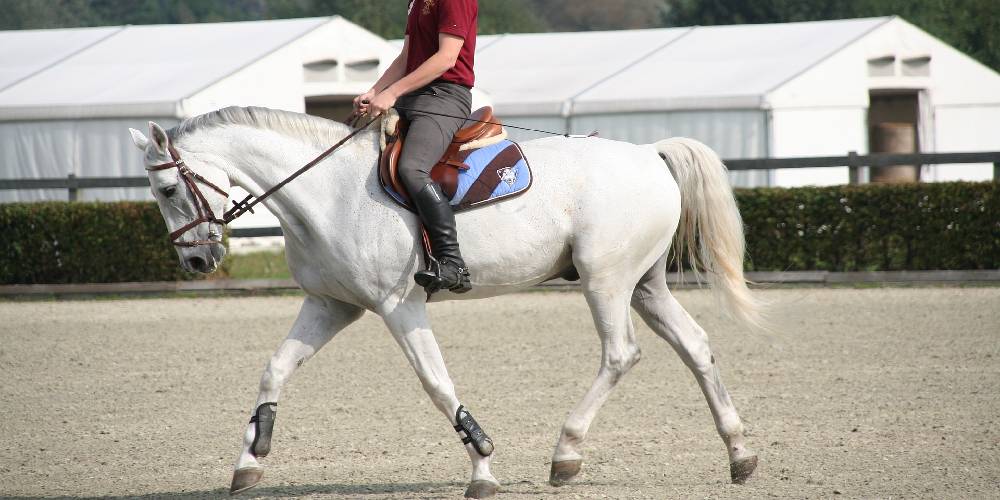Ever wonder what it’s like to be a riding instructor? A trainer? A barn manager? It looks like such a fun job seeing you get to work with horses all day long! Though we really do love our jobs, there are some things that we wish all our students and clients would understand.
Horses are the reason we got started in this industry in the first place, so working with them on the daily truly is a blessing! However, our job isn’t just sunshine and rainbows all the time. These are some of the top things we wish all our student and clients would understand.
10. Consistency is the only way to get anywhere in this sport. Being an equestrian is a COMMITMENT
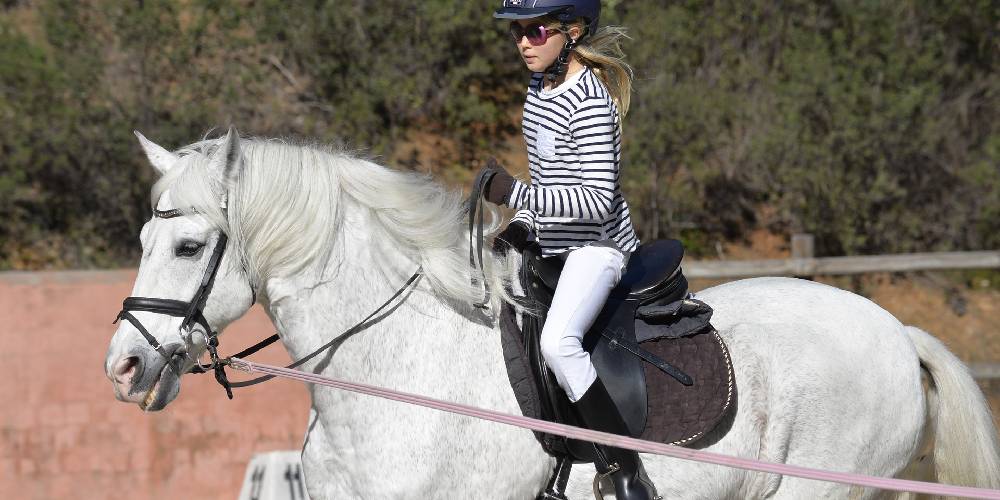
You may have heard the infamous saying “practice makes perfect” which many of us may see to be common sense. Without consistent practice, you cannot expect to advance in this sport!
If you want to become a proficient rider, you must ride often! Riders who ride every other week will never advance as quickly as those who ride 3 or more times per week! If you want to achieve your riding goals, you need to make the sport a priority!
You may do the same lesson or work on the same skills SEVERAL times before moving on! There is a reason you are repeating skills! Your trainer would not have you repeat skills if they didn’t have a reason to!
9. We love when you ask questions!
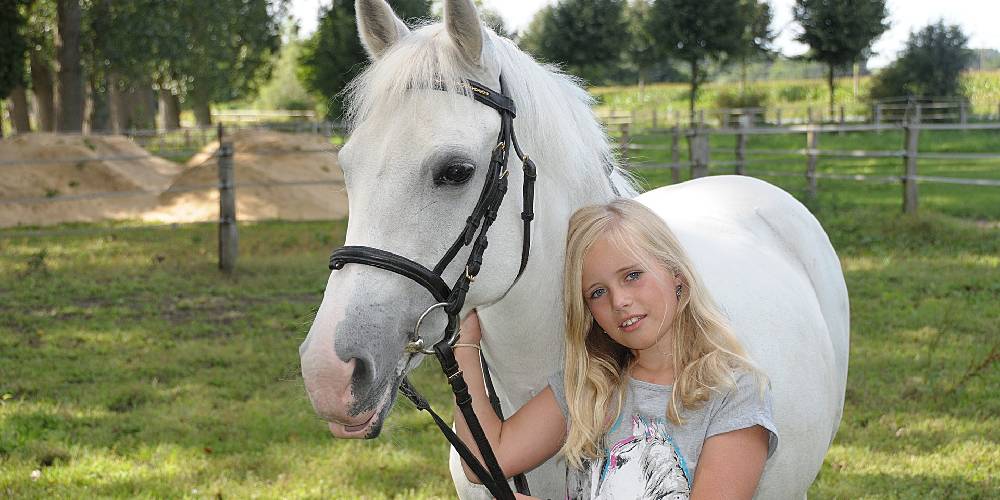
Students who ask questions or ask for clarification in their lessons get a much more solid understanding of what is being asked of them than students who remain quiet. Communication is key!
If you are unsure of what your trainer is asking of you, ask for help! There have been times that I hear from students or parents later that the rider didn’t understand what I was asking them to do and I had no idea! Asking for help, clarification, a different explanation, etc. is so important so you get the most out of your instruction that you can!
If you don’t know something, ask your trainer! I love to answer any and all questions my students ask me whether it is about the horse they are riding, about something I asked them to do, or even just about horses or riding in general. Knowledge and experience are your best friends in this industry, so don’t hesitate to ask your trainer questions! It will only help you in the long run.
8. You must be open minded and accept criticism/instruction/etc.
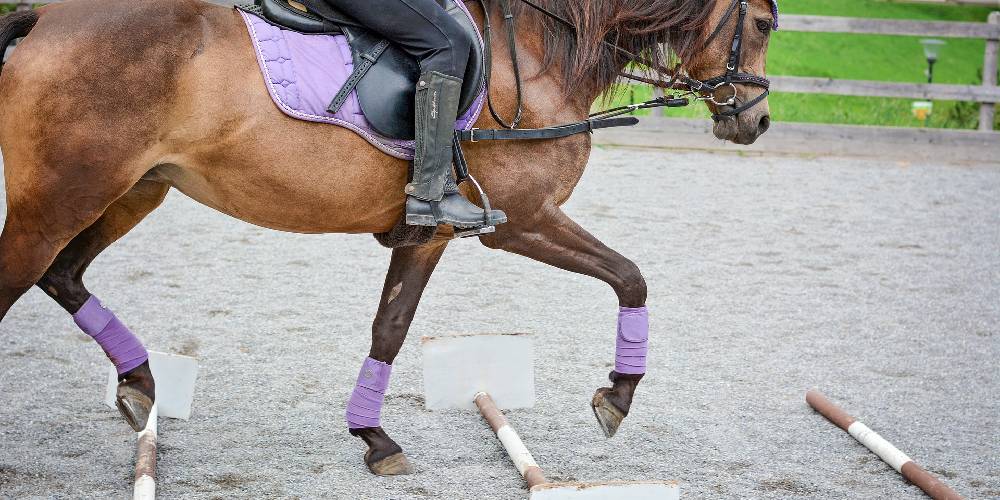
Most of my students are kids, so it isn’t often that I have to work with closed-minded, hard-headed individuals, BUT it does happen! Especially with older or more experienced students.
If you are wanting to take lessons so you can learn, you must come into your lessons with an open mind and put your ego aside! If you are coming to your trainer for advice, don’t counter your trainer’s advice every time they give you instruction.
Please:
- Come to lessons with an open mind! Your instructor wants to give you the best instruction they can. Their job is to help you, so listen to what they are saying
- Don’t contradict everything they say! There is a reason your trainer is telling you to do something or offering you a certain solution
- Don’t take lessons unless you want advice and want to learn
- Don’t just start doing something just because you know how to do it. Please ask for permission beforehand! (Ex: don’t just start trotting because you want to, there is a reason your trainer hasn’t asked you for a trot yet) Sometimes students who just do things just because they know how are the toughest to teach because they come to their lessons with an ego and they never want to truly listen to your instruction.
- If we ask you to stop, please stop right then! Don’t do another lap and stop, there is a reason we want you to stop what you are doing. Riders who take instruction as an optional suggestion are the most likely to be hurt or to hurt their horse!
Students who come to lessons with things already decided in their head regarding how their lesson will go are truly the hardest students to work with! Please open your mind, put your ego aside, and trust your trainer! We have a tough job! Please don’t make it harder!
7. Nailing the basics is more important than any advanced techniques
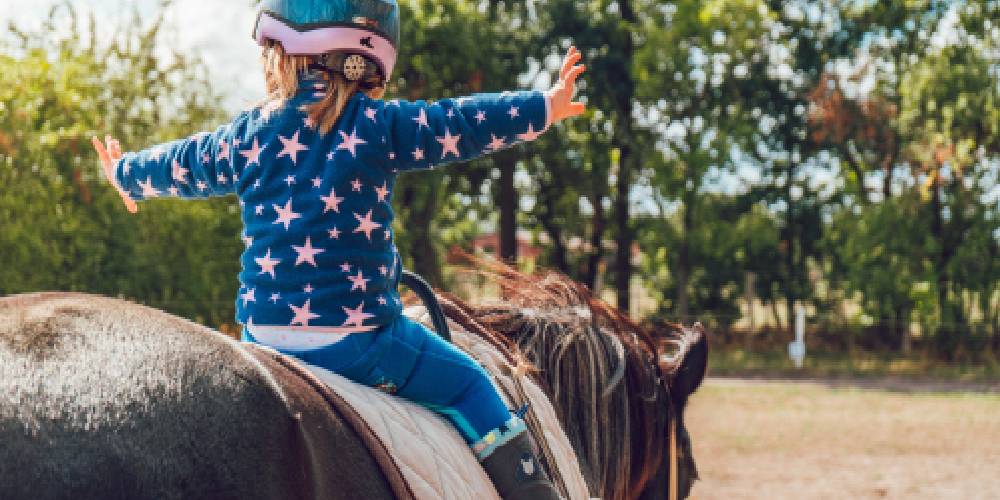
Though moving on to more complex strategies, tough maneuvers, faster speeds, etc. is very fun and exciting, nailing down your basics is truly what makes you the most well rounded rider.
Rather than constantly worrying about the next big thing, turn your focus to mastering what you already know! Riders who take their time through the basics and master them are much stronger, more confident, and have better equitation than those who don’t master those skills.
Think about building a house! If one person pours their heart & soul into the foundation of a house to make it as strong and solid and stable as possible, the house they build is going to be sturdy, strong, and last forever! If you are just so excited to have a house that you skip right over the foundation, your house will fall apart, deteriorate, and won’t ever be anywhere near as solid as the house with a foundation. Basics are the foundation of your riding! Never underestimate the value of nailing down your basics!
When you are progressing beyond the basic stuff, going back to basics to solidify cues, your seat, balance, etc. is the best thing you can do to help your progression! I personally love the rides where I just turn my focus onto what I already know so I can solidify myself!
6. Falling off doesn’t make you a bad rider
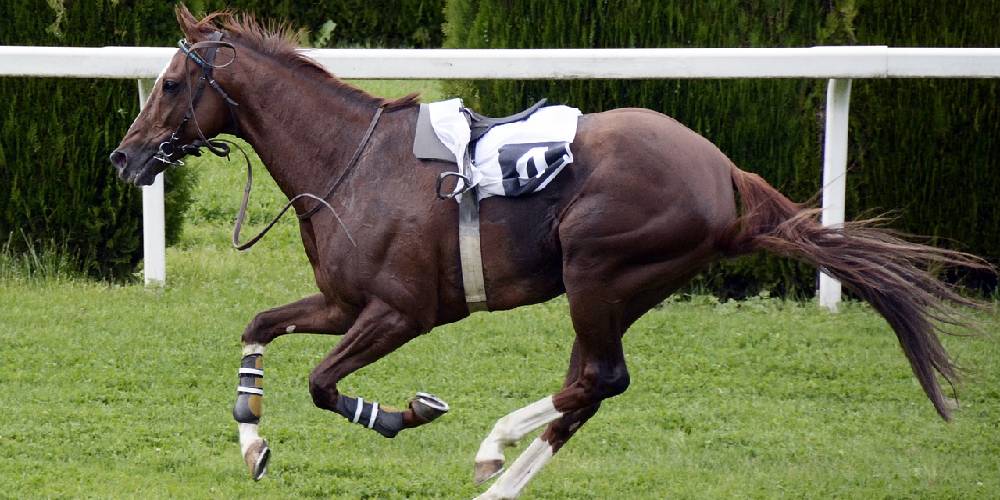
Sometimes after a student takes a tumble, not only are they physically shaken, but so is their confidence. We want you to know that just because you fell off doesn’t mean you are a bad rider!
Horses have minds of their own! Sometimes horses will spook or react to certain things in certain ways which can cause a learning rider to take a spill. Falling off, though it isn’t fun, it is most definitely part of the process!
Falls happen to riders of all different skill levels. I can tell you right now that I can’t even count how many times I’ve fallen off! Your first fall is often the scariest, but understanding that it’s all a part of the process is so valuable!
One of the most admirable things I can see as an instructor is watching a student get back on and try a skill again that they just came off attempting! It absolutely takes some guts to do!
So if you are feeling like a horrible rider because you came off, please realize that it happens to everyone! Ask any experienced horse person and I’m sure they’d be happy to tell you a story of a time they come off!
5. Groundwork is more important than riding
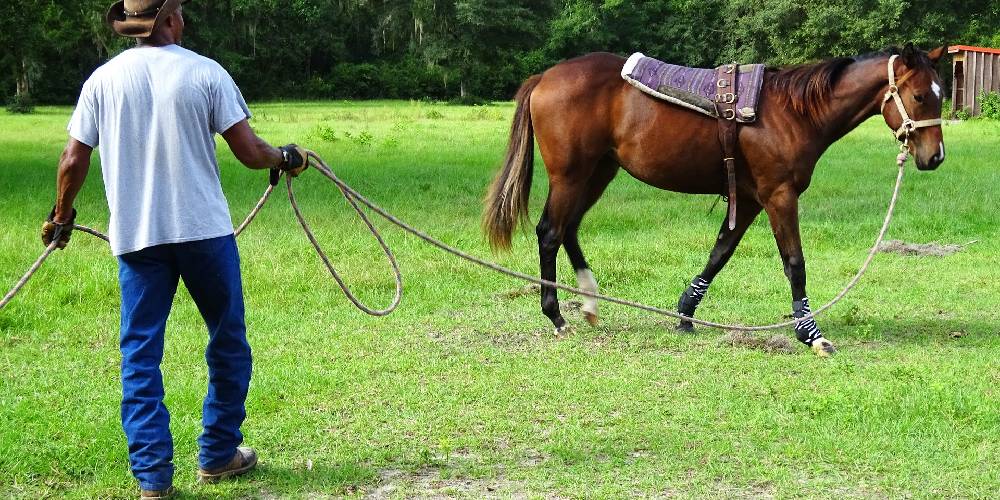
Though riding is so fun, you must never forget that the foundation of any and all training starts on the ground. A horse who doesn’t have a good foundation of groundwork is often one who will be more difficult or dangerous under saddle.
Sometimes, your instructor might ask that a part of your lesson be a groundwork session. Learning the basics of groundwork should be something every equestrian should do! If you think about it, only a small portion of the time you spend with your horse is actually under saddle. Why would you prioritize something that is used so much less?
You must remember that you spend so much more time on the ground with your horse than you do in the saddle. Learning as much as you can about groundwork, body language, and handling is the best thing you can ever do!
If you skip out on groundwork lessons just because you want to ride, you are missing out on the most important part of your lesson! If you get a horse of your own one day and you have never exercised any aspect of groundwork, you will struggle to even get to the riding part of horses!
Many behavioral issues in horses can only be corrected on the ground. If horses are not properly schooled on the ground, things can often turn dangerous as these horses won’t know to respect your space, respect your cues, etc.
Please make learning groundwork a priority even though it isn’t nearly as fun as riding! This is especially important if you plan to get a horse of your own one day!
4. We are humans too
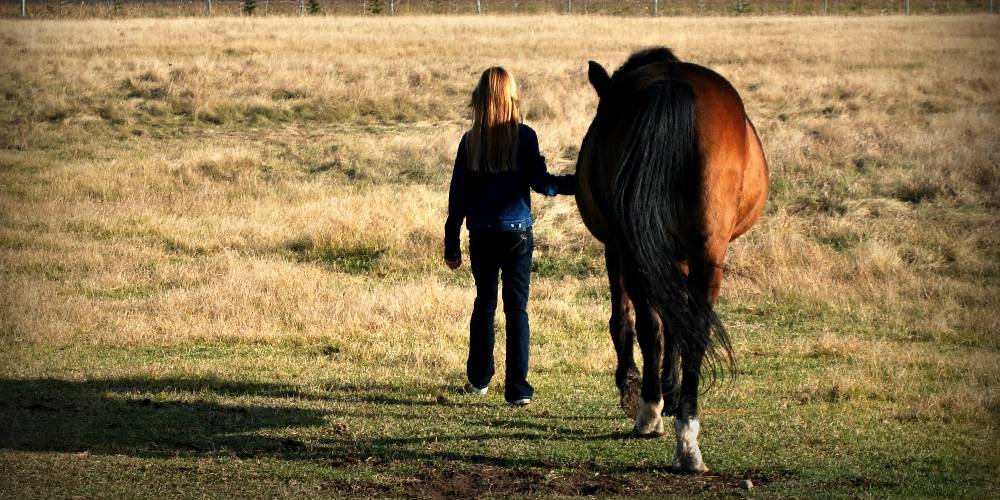
Sometimes I feel like clients/students can forget that we too are humans! We have to make so many decisions a day regarding horse care, horse/student assignments, and more! We ask that you cut us a little bit of slack and know that curtesy and kind words are so greatly appreciated!
Sometimes we might make a decision that you aren’t too thrilled with such as riding a different school horse than normal, riding with a different trainer than normal, going back on the lunge line for a lesson, asking that you sit out at the next show to better prepare for the following one, etc. There are so many additional factors that go behind these decisions that may have never crossed your mind!
Next time we do something you disagree with, dislike, or want to change, please communicate with us! Our job is to serve you! But try to keep in mind that we are humans too and we are bound to make mistakes!
3. No matter what, the horse must always come first

Sometimes you can get so caught up in your progress and the fun of it all that sometimes you can forget to prioritize the care and well being of your horse. This is something we as trainers want to absolutely eliminate. Without a horse, there is no riding, so making sure your horse is always cared for and healthy needs to always come before anything else!
In one instance I have had a client get upset with me for asking to end a lesson a few minutes early so we could cool our 25 year old school horse down with the hose after giving their child a lesson in extremely hot and humid temperatures. As a client, you must understand that the horse’s wellbeing comes before anything, so we will do what it takes to make sure that horse gets what they need when they need it.
If there was something I could make sure every student knew when going into a lesson program, it would be that they need to keep in mind that the well being and safety of the horses comes before the sport every single time, with no exceptions.
2. Patience is so so so important
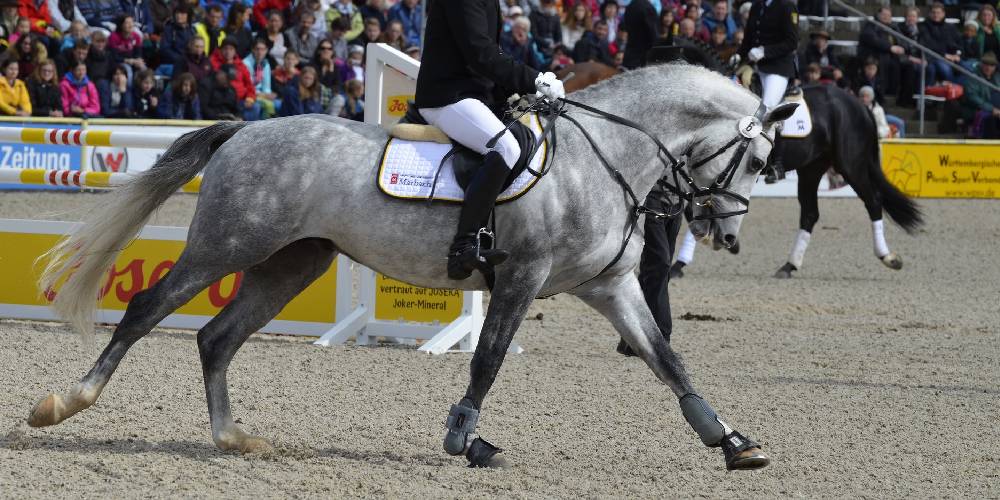
I’m sure we all have had that ride where we just leave feeling defeated, or that one ride that nothing seems to go the way it’s supposed to. This is just the reality of the sport! The road to progress is a bumpy one. You are bound to fall into a few potholes. If it was smooth sailing, everyone would do it!
Patience can be applied to many different things in the equine industry. Not only do we need to be patient with our horse so as to not get frustrated, but we also need to be patient in understanding the road to success is a long one and you will not reach the end overnight.
Keeping yourself calm and patient with your horse is one of the most important parts of riding. Horses can sense your emotions and if you are radiating frustration and negativity, your horse will pick up on this and either become resentful of the work you are doing, or respond in another negative way. Working on becoming patient will help you to communicate more clearly with your equine partner and your rides will go so much better!
One of the hardest things to do is to be patient about how fast or slow you are progressing. It is so fun and exciting to move onto the next fun thing, but understanding the importance of repetition, mastering skills, and practice is so incredibly important! Someone who rushes through the process will never be anywhere near as good of a rider as someone who took the time and effort in establishing a solid foundation as a rider.
1. Every ride is an opportunity
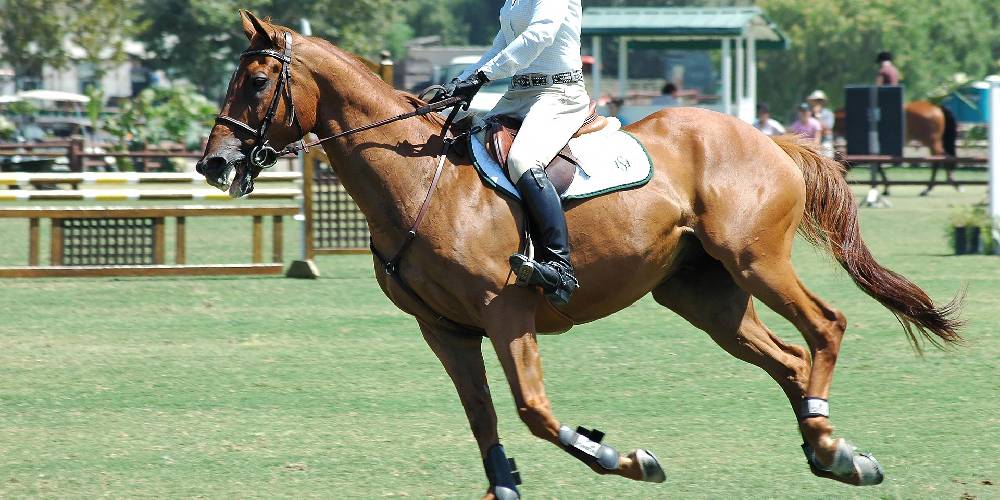
Can you remember back when you would be thrilled just to pet a horse? To just sit on one? Every single experience you have with horses is a tremendous opportunity! Every ride you have is an incredible learning opportunity to help push you towards your goals!
Some rides you will have aren’t going to be fun, some rides will be scary, some will even be a little boring, but you must remember that every time you get to ride is a privilege and you should take the opportunity you have when in the saddle to soak up as much of it as possible.
There are so many people out there who are just itching to even work with horses! Changing your mindset from “I have to just trot today” to “I get to work on my trot today” will help you to really appreciate every single ride you have!
If every one of my students came to me with these ideas already in their mind, I have no doubt that their progress would be faster, they would be more grateful for the time they get to spend with horses, and they would have a better understanding of not just being a rider, but being a horseman!
